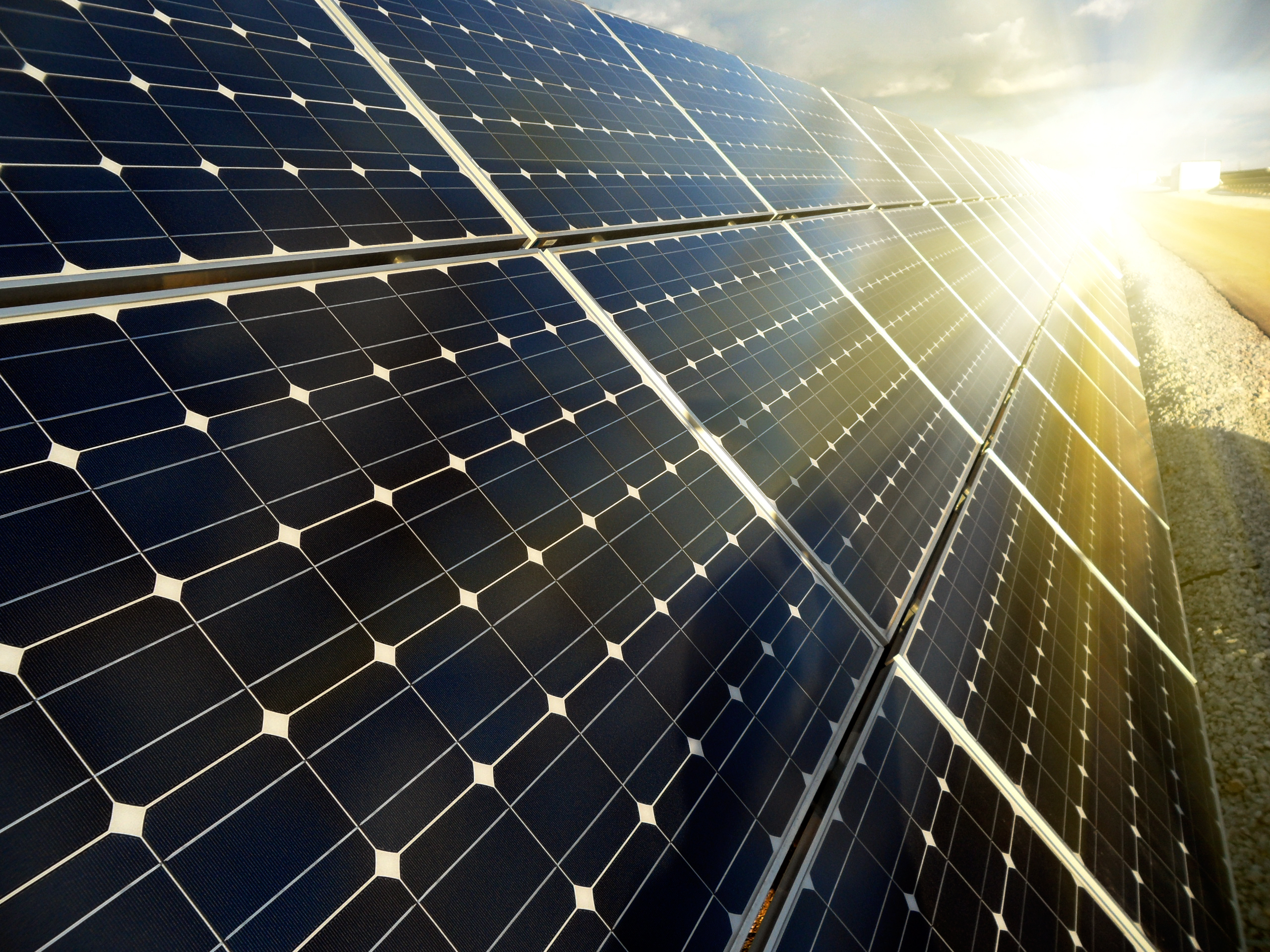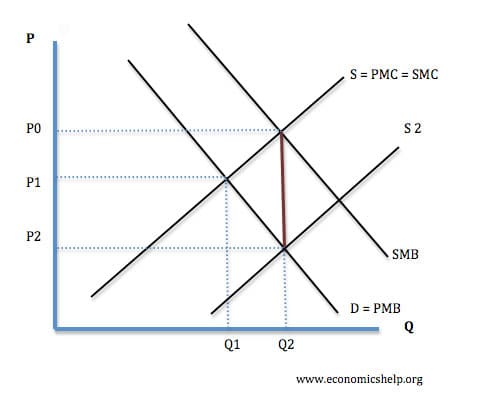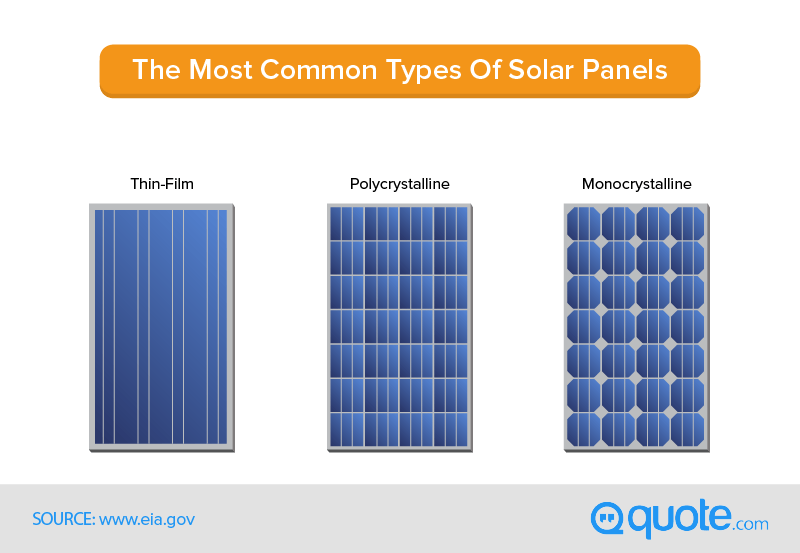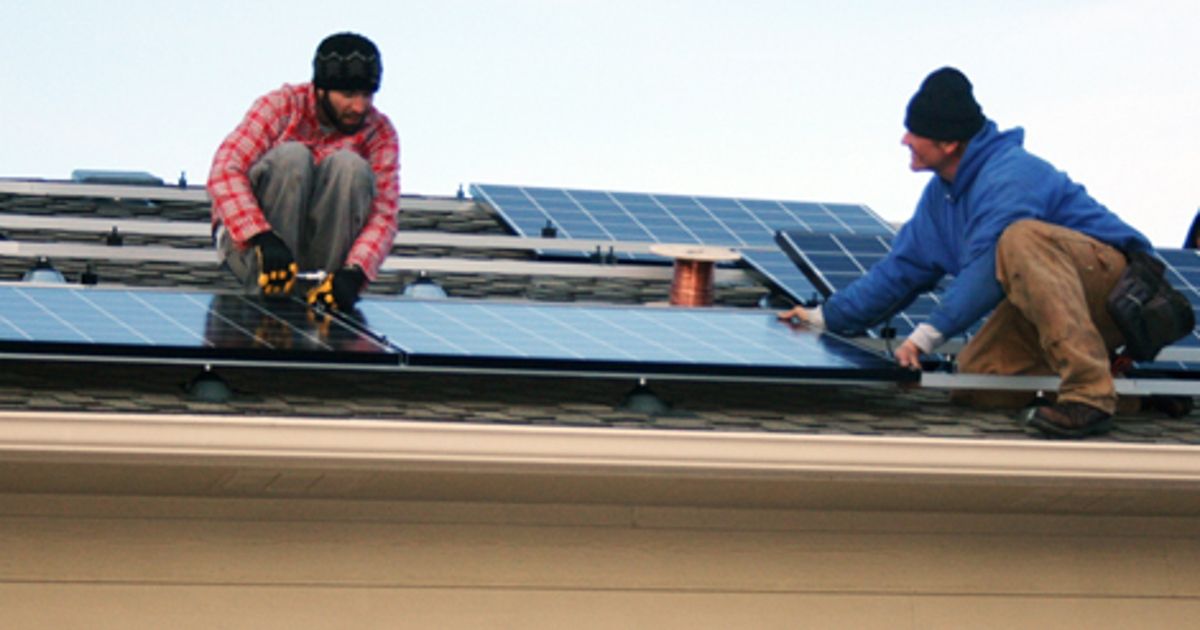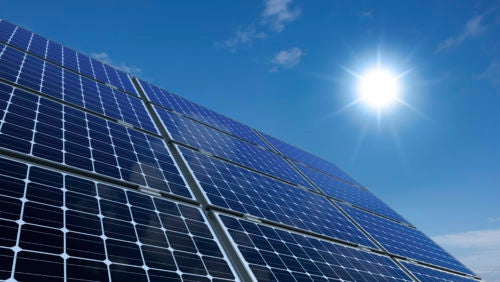Alternatively economic theory suggests that the external costs of wind turbines in terms of reductions in housing values should be taken into account.
Positive and negative externalities of solar power.
Both positive and negative externalities can arise on the production or the consumption side.
In the following paragraphs we will look at the different types of.
Total land area requirements varies depending on the technology the topography of the site and the intensity.
The definition above already suggests that they can be either positive or negative additionally there is another and maybe less familiar distinction which should be made here.
Externalities of electricity generation updated march 2017 fossil fuels receive indirect subsidies in their waste disposal as well as some direct subsidies.
There are different types of externalities.
The sun provides a tremendous resource for generating clean and sustainable electricity without toxic pollution or global warming emissions.
Negative environmental impacts solar panels.
Let s start by stating the obvious solar power isn t perfect.
Positive negative effects of solar energy.
Nuclear energy fully accounts for its waste disposal and decommissioning costs in financial evaluations.
External costs should be considered in evaluating energy sources.
The potential environmental impacts associated with solar power land use and habitat loss water use and the use of hazardous materials in manufacturing can vary greatly depending on the technology which includes two broad categories.
As a result of public investments in the neighborhood.
Thanks for sharing a informative about solar positive and negative effects it is really informative solar energy is the radiant energy emitted by the sun in the form of heat and light which is received by the earth i know a place one of the best solar installation company provides best solar services and products that are not just economical but also efficient with customized solutions to.
Enough solar energy falls on a 100 square mile area of the.
Solar energy has the potential to dramatically change the way the world gets its power.
If we compensate negative externalities it also raises the difficult question whether homeowners should be taxed for positive ones e g.
Land use depending on their location larger utility scale solar facilities can raise concerns about land degradation and habitat loss.
In the case of wind power stated choice experiments tend to show that there can be negative externalities arising from wind turbines resulting in a positive willingness to pay wtp of respondents for an increase in the distance to the nearest wind turbine for an overview see meyerhoff et al.
Here we will examine the positive and negative environmental impacts of solar panels and what the future has in store for the solar energy industry.



